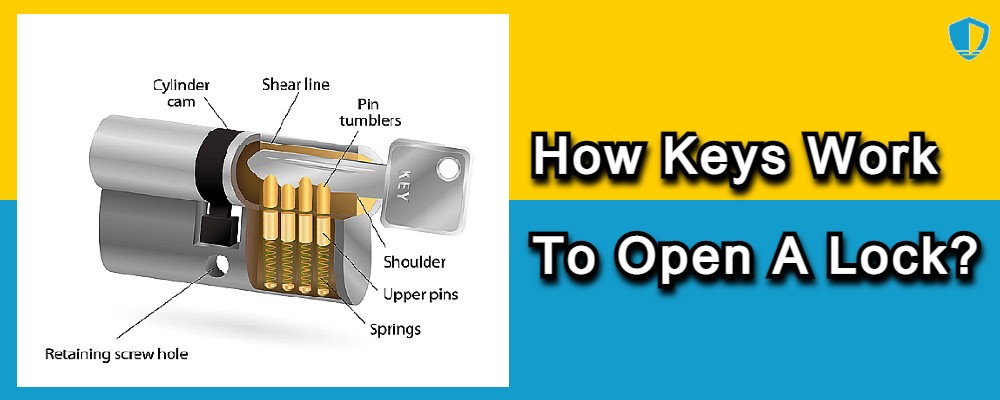Imagine a world where there are no locks where all your belongings are no longer safe and the fine line of privacy and security is gone.
Have you ever thought about how locks came up, how do they work and the amazing stories behind their history?
Unlocking the mystery
Our sophisticated locks that we have today have changed a lot over time but the basic concept remains the same and go way back to Ancient Egypt. The ancient Egyptians came up with the simple idea of pin locks which is actually the same principle our modern locks work with a small difference that back then the locks were made out of wood and today we use strong metal and he size of the locks.

Today mechanical locks with complex arrangement of levers, cams and gears provide a reliable locking system although they are slowly being replaced by electronic locks that don’t make use of a physical key anymore and can be controlled from a remote place.
You could say that the Yale lock which was invented by Linus Yale JR. was the most common lock ever.
It is a revolutionary design that took inspiration from the ancient Egyptian mechanism where the key part of this lock is a metal cylinder that spins inside a strong metal casing.
What make a lock works is abunch of slim metal pins that connect with the cylinder itself. These pins are split into upper and lower sets and held in place by tiny springs. When there is no key inside the lock the upper set of pins simply drop from the metal casing into the cylinder activating the lock.

When you take a closer look at your key you’ll notice grooves and by sliding your key into the lock these grooves push up the pins in the right way to unlock it, if the key matches of course!




